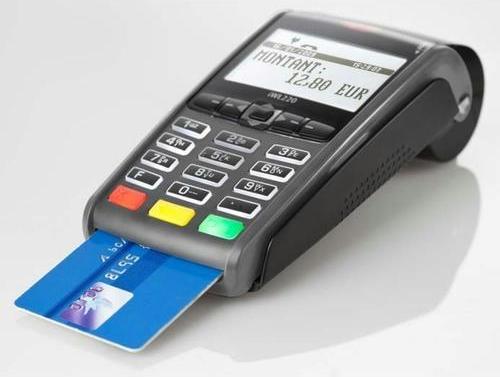Ghana: If weak banking sector is poor credit access, high lending rates, how safe’re we?
The ‘Hurricane’ Bank of Ghana (BoG) that swept together five commercial banks in Ghana into newly licensed Consolidated Bank this week can be an eye opener to the Nigerian banking sector in many aspects.
Just like former Central Bank of Nigeria (CBN) Governor and Emir of Kano, His Highness, Mohammed Sanusi many years ago carried out similar action which saw the sinking of several banks and hostile acquisition of others plus mergers, the Bank of Ghana had on Monday this week, revoked the licenses five commercial banks and licensed a new bank to serve as new bank for customers of the five sealed banks.

BoG Governor, Dr. Ernest Addison announced the revocation of the licenses of the following five commercial banks – uniBank Ghana Limited, The Royal Bank Limited, Beige Bank Limited, Sovereign Bank Limited, and Construction Bank Limited and appointed Mr. Nii Amanor Dodoo of KPMG as the Receiver for the five banks.
Accordingly, he directed that “All deposits of the five banks are safe and have been transferred to the Consolidated Bank. Customers can carry out their business as usual at their respective banks which will now become branches of the Consolidated Bank. All staff of these banks will become staff of the Consolidated Bank. Boards of Directors and shareholders of these banks no longer have any roles”.
In his defence for the action, Addison averred that “A weak banking sector means that access to credit will be limited while lending rates will continue to be high,” stressing further that “Ghana needs a strong and stable banking sector to drive the process of economic transformation”.
Financial pundits in Nigeria who followed this week’s developments in Ghana argue that if the lead reasons given by BoG are dependent on poor access to credit and high lending rates, the question in Nigeria is whether there is any marked differences between what caused the ‘Hurricane BoG’ in Ghana and what it takes to access credit from any Nigerian bank”.
However, even though access to banks’ credit in Nigeria had been with unmeetable conditions and associated high interest rate, the CBN governor, Mr. Godwin Emefiele had consistently claimed that all Nigerian banks are safe and healthy.









